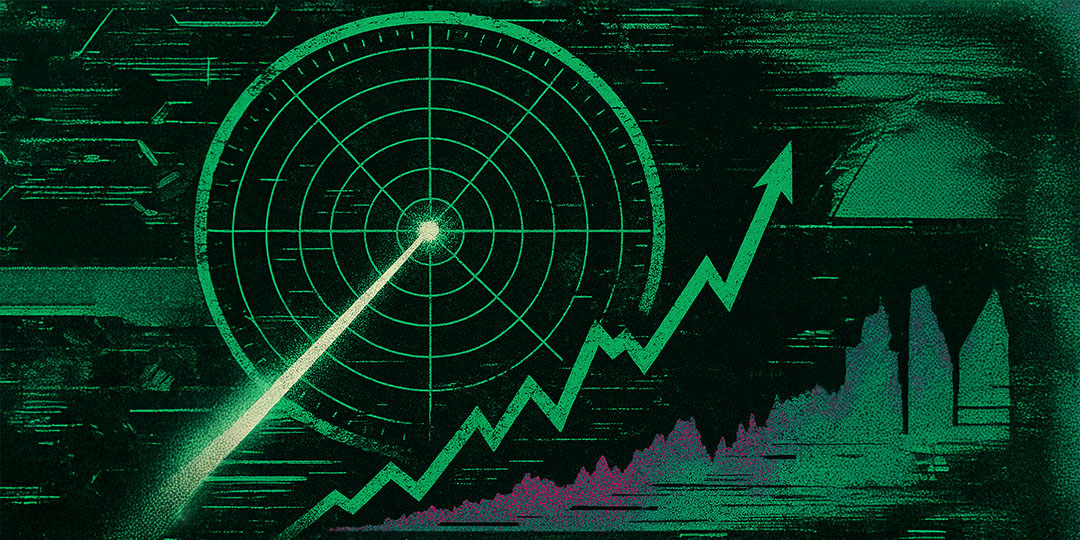No business sector is free of crime. Along with positive sides, the growing financial sector is always chased by frauds and scammers. This story is about the insights of a crypto expert on the growing number of crimes in fintech besides crypto, the importance of clear crypto regulations, privacy stablecoins, and more.
During a session at Crypto Expo 2025 in Dubai, Corbin Fraser, CEO of Bitcoin.com, claimed that “the biggest crime is happening not in crypto, but in US Dollar”. Sparked by this bold statement, Altcoin Desk rushed to him for an interview. Fraser reiterated that people have a common belief that scammers are more exploiting Bitcoin and other cryptocurrencies; however, the reality is that the US dollar is used far more frequently in criminal activities.
Money laundering, ransomware, dark web transactions, and investment fraud are some of the ways criminals exploit the crypto ecosystem. Relating to what the Bitcoin.com executive said, the US dollar is more exposed to these types of crimes.
When asked for evidence to support his statement, Fraser nodded yes, saying, “There are several reports,” but he prefers to keep them confidential. His emphasis is that criminals cannot easily scam crypto when there are compliance and KYC procedures. In his view, there are few places where one can obtain crypto without submitting a proper bank card, ID, and other identification documents.
But still, hackers steal millions of crypto?
What Fraser highlighted when questioned about the increasing number of crypto criminals is, on-chain theft is predominant on centralized exchanges rather than decentralized exchanges.
“The issue is, you’ve got a centralized Exchange, which is effectively a crypto bank holding millions or billions of dollars in crypto. It becomes this honey pot where any nefarious actor, be that a state actor, like a state criminal, state-backed criminals, perhaps like we’ve seen in South Korea, or even just general hackers that see this big amount of crypto because it’s all on chain in public. They can see that this wallet address belongs to a specific exchange.”
The UAE is a safe place for crypto investors
Contrary to the ongoing thefts and scams, the Bitcoin.com executive noted that the UAE has taken innovative measures to block illegal activities through the Virtual Assets Regulatory Authority (VARA). This regulatory body provides clear rules to guide crypto companies to stay on the right path, whereas several countries do not have a clear stance on crypto regulations.
What will be the future trends in cryptocurrency?
In the early days of Bitcoin, there were many discussions about whether decentralized finance would take over traditional finance, Fraser said. However, this shift will not happen, in his opinion, but smart banks and neo banks are on their way, utilizing digital finance and integrating Bitcoin and other cryptocurrencies.
With liquidity providers being deployed into the DeFi markets, there is an increasing number of traditional finance putting their money into decentralized finance, and huge inflows into Bitcoin Exchange Traded Funds (ETFs).
He also remarked that we are still in the early stage of crypto adoption, and many people still have a clear understanding of the industry. An important point he emphasized was “it’s a lot harder to hack 100 million people than it is to hack one single entity”.
Fraser believes that the decentralized nature of cryptocurrency allows individuals to control their funds and lessen the likelihood of hackers exploiting the funds.
Some cryptocurrencies are decentralized in name only!
Bitcoin possesses the strongest narratives to insinuate its decentralized nature, Fraser added. “A lot of crypto projects do not have the same level of decentralization. Some of them are decentralized in name only, and they may be on the path towards decentralization”. Moving on, Fraser pointed out the decentralized nature of the Proof of Stake consensus mechanism used in Ethereum.
Stablecoins are under watchful eyes
The nature of stablecoin to remain consistent in value during market volatility speaks to its strength. However, these coins are currently censorable, noted Fraser, adding that privacy coins are worthwhile in securing identity and transaction details. In his opinion, privacy coins will grow in the future.








